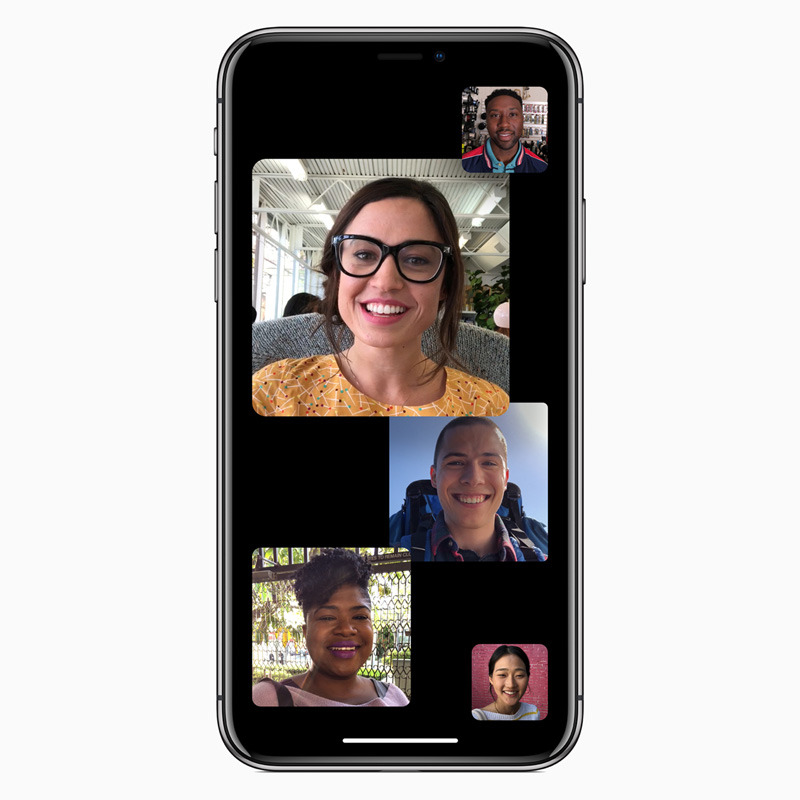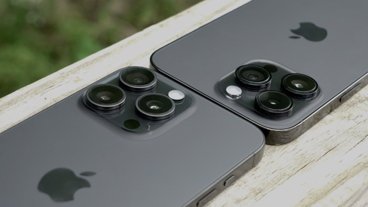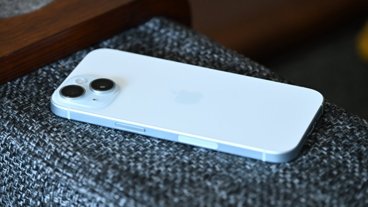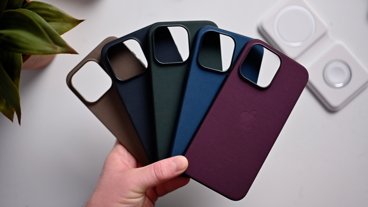Apple confirms iOS 12's 'USB Restricted Mode' will thwart police, criminal access [u]
Apple in a statement to AppleInsider on Wednesday said iOS 12's incarnation of "USB Restricted Mode" will thwart criminals, and enhance user's privacy.
In regards to law enforcement, the feature was created to protect iPhone owners in countries where the police seize phones at will. The move is aimed at regions with fewer legal protections than the U.S.
"At Apple, we put the customer at the center of everything we design. We're constantly strengthening the security protections in every Apple product to help customers defend against hackers, identity thieves and intrusions into their personal data," Apple said. "We have the greatest respect for law enforcement, and we don't design our security improvements to frustrate their efforts to do their jobs."
Apple decided to make improvements to iOS security after learning of iPhone cracking techniques being used by both criminals and law enforcement agencies. In particular, the company opted to take the USB stack out of the equation, a move that provides enhanced protection without serious detriments to the user experience.
With USB Restricted Mode, those attempting to gain unwarranted access to an iPhone will have an hour or less to reach a cracking device before being locked out.
Under the iOS 12 beta, data access through a Lightning port is cut off if a device hasn't been unlocked in the last hour. That's even tougher than Apple's initial beta versions of USB Restricted Mode, which simply required accessories to be connected to an unlocked device — or a device to be unlocked with an accessory attached — at least once per week.
The new policy seems bent on disrupting the hacking techniques of digital forensics firms like Cellebrite and GrayShift. Cellebrite in particular is believed to the firm the FBI used to crack the iPhone 5c of San Bernardino shooter Syed Rizwan Farook, allowing both Apple and the U.S. Department of Justice to avoid a protracted battle over whether the former could be forced to code a backdoor into iOS.
A number of officials in U.S. spy and law enforcement agencies have complained that internet communications are "going dark," thanks to the growing use of end-to-end encryption, which prevents even the companies implementing it from intercepting data. Some politicians have aligned behind mandating backdoors, though nothing has come of those efforts.
Apple and other encryption supporters have countered, saying privacy is a right and that any backdoor is bound to be discovered by malicious criminals and governments. Some critics may include the U.S. in the latter category, given mass surveillance efforts by the FBI and NSA.
Updated with comments from Apple
 Roger Fingas
Roger Fingas











 Marko Zivkovic
Marko Zivkovic
 Amber Neely
Amber Neely
 Christine McKee
Christine McKee
 Malcolm Owen
Malcolm Owen
 Mike Wuerthele and Malcolm Owen
Mike Wuerthele and Malcolm Owen

 William Gallagher
William Gallagher








